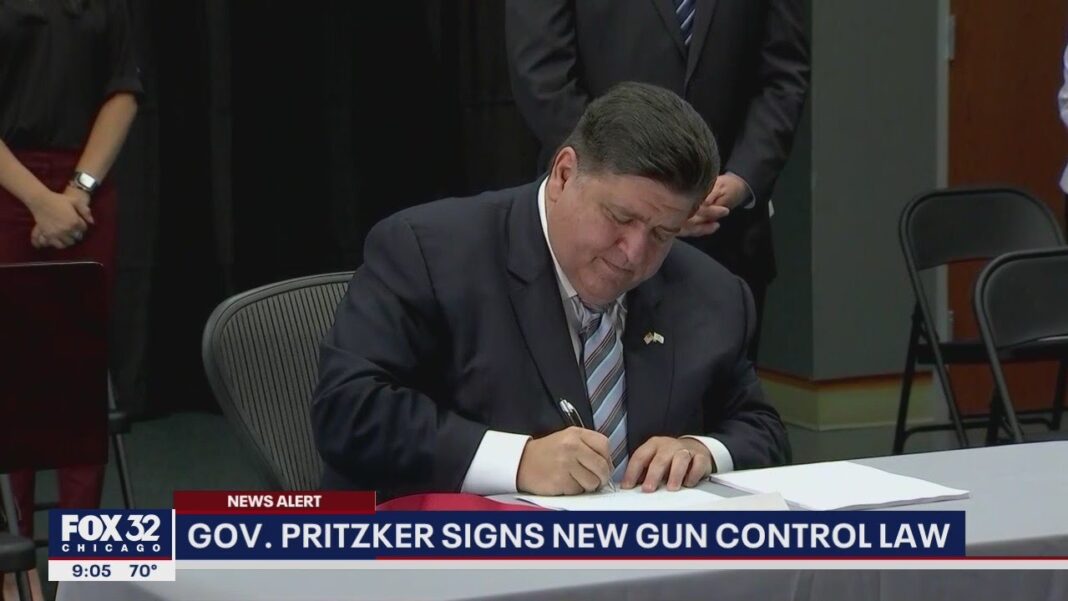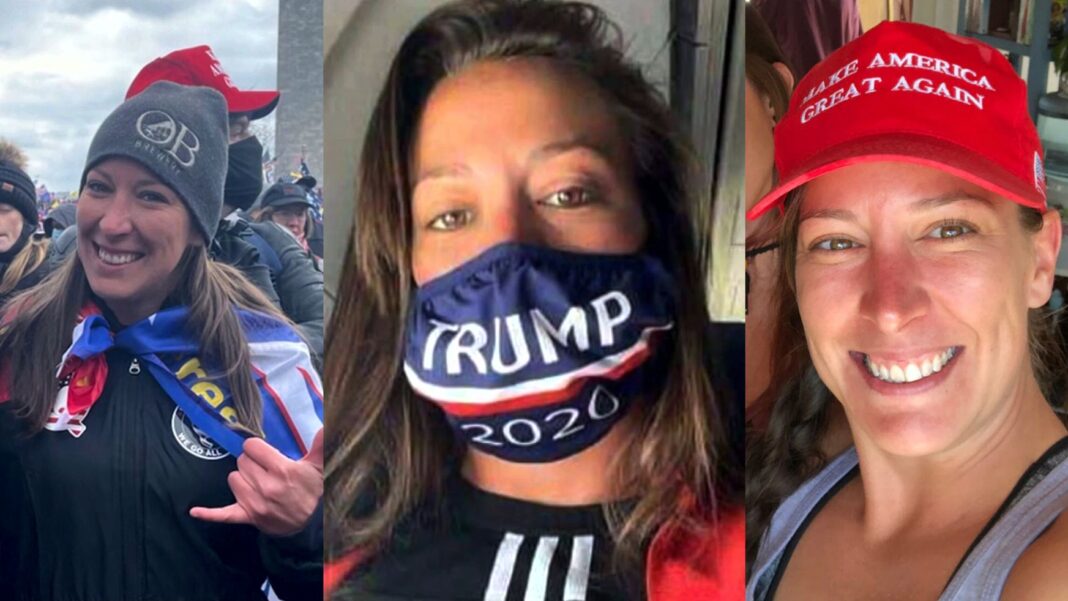Illinois Gov. J.B. Pritzker signed legislation on Aug. 2 that criminalizes the private selling of a gun without having the buyer go through the National Instant Criminal Background Check System (NICS) prior to the sale.
“Prior to this change, people with dangerous histories who shouldn’t possess a weapon—and the Illinois State Police denies firearm licenses to thousands of these individuals a year—could avoid detection through a private sale. That’s a deadly loophole, and in Illinois, we are closing that down for good,” said Pritzker, who is a Democrat.
The legislation takes effect in 2024.
However, it isn’t clear if the law will reduce gun-related crimes, homicides, and shootings—which have surged in major metropolitan areas. Conservative lawmakers have said that gun control won’t decrease the number of murders or shootings, while they have pointed to a sharp rise in anti-police animus that erupted last summer following George Floyd’s death.
Chicago, a city that’s suffered an epidemic of shootings and homicides for years, employs even stricter gun laws than the state of Illinois, including laws that ban the possession of certain semi-automatic firearms that the city defines as assault weapons and certain firearms accessories.
A 2015 University of Chicago Crime Lab report suggested that inmates locked up for gun crimes avoid getting their firearms from sources that require any background checks—federal or otherwise. Crime Lab Co-Director Harold Pollack told news outlets that “some of the pathways [regarding guns] people are concerned about don’t seem so dominant.”
In the study, inmates who were surveyed in Chicago’s jail system said they were able to get a gun within six months of getting locked up, and many said they had obtained firearms via personal connections because they feared being caught by law enforcement or being robbed. The inmates, however, said they were less concerned about being caught by law enforcement than not having a gun to defend themselves.









